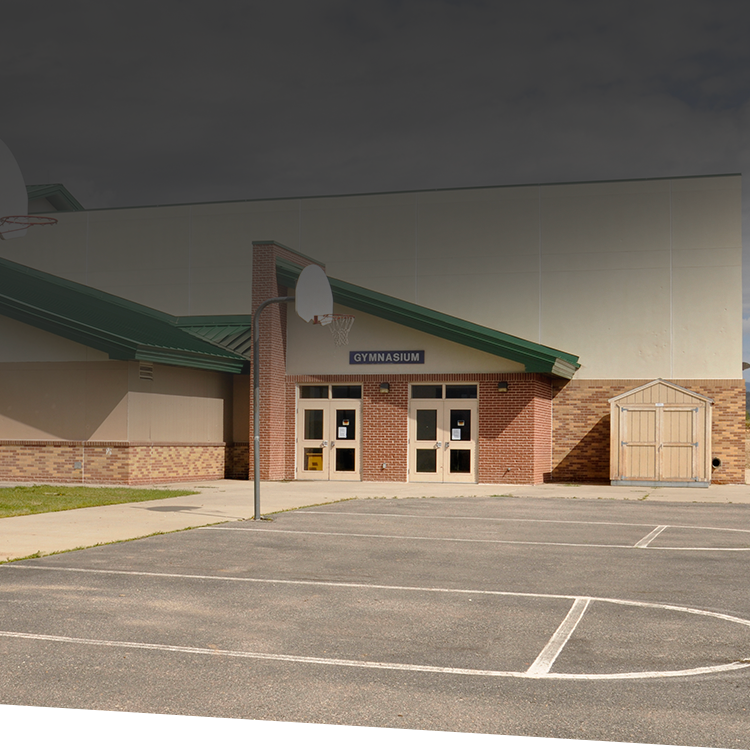Consider all the buildings on your school’s campus. Is deferred maintenance—the practice of delaying building repairs—slowly and silently destroying your facilities? Is there evidence of water damage from mildew and mold, metal corrosion, timber decay, and façade deterioration? Has the Board taken measures to correct significant structural damage?
Your school may have limited or no cash reserves, causing you to defer maintenance to attend to other matters your Board considers as priorities. But Board members (particularly those on the Buildings and Grounds Committee), the School Head, and the Leadership Team must understand that your buildings are depreciating, and a depreciation line in your school’s budget reflects this. When you postpone structural maintenance, repairs become more extensive and expensive. Even delaying seemingly minor repairs can cause, over time, major concerns in the future.
For example, minor cracks and bulges in a building’s foundation could eventually impact the overall structure. It could indicate there is rotting wood, deteriorating concrete, corroded steel structures, or other damage within the walls. This may not only require major renovation in coming years, but it could present a danger to your students and staff.
Don't Ignore the Long-Term Consequences
A deferred maintenance backlog exists at many private-independent schools. For these schools, depreciation as a budget line is often considered a noncash (accounting) item that is often written off at the end of the fiscal year to balance the budget. While the immediate effects of this are usually minimal, the long-term impact on the school’s ability to sustain safe, healthy, and mission-appropriate facilities can have serious consequences. This unfunded, deferred maintenance is a liability—not an asset—to your accounts. The fiscal realities can be overwhelming.
These effects can lead to:
- hazardous conditions inside and outside buildings;
- unusable spaces;
- unattractive interiors and exteriors of facilities;
- missed enrollment goals (the facility’s appearance does not meet the expectations of visiting or current families); and
- poor fiscal management caused by increasing inefficiencies in your plant operations.
ISM has consistently taught the importance of cash reserves equal to 20% of the operating budget, which includes a 5% allocation for Physical Plant Replacement, Repairs, and Special Maintenance (PPRRSM). ISM also recommends that you should fund your PPRRSM account with an amount equivalent to 5% to 7%. This may have an impact on the total cash reserves ideal amount. (The higher 7% is most applicable to schools with deferred maintenance backlogs. A new or young school with newer facilities could use the 5% amount.)
Trustees want to do everything they can to improve the quality of the learning environment—including the buildings and grounds. Funding PPRRSM is one of the best ways to get a handle on deferred maintenance. With proper strategic planning and strategic financial planning, the Board can assure that quality remains high so the school can promote itself as an institution that parents are proud to have their children attend.
Additional ISM resources:
The Source for Business and Operations Vol. 14 No. 5 Facilities: More Than a Line Item
The Source for Private School News Vol. 15 No. 5 Designing and Maintaining Safe Playgrounds
Additional ISM resources for members:
I&P Vol. 31 No. 14 Replace, Repair, Renew: Why a Facilities Audit Helps
I&P Vol. 33 No. 3 Selling PPRRSM to the Board
I&P Vol. 40 No. 5 The Role of the Buildings and Grounds Committee





